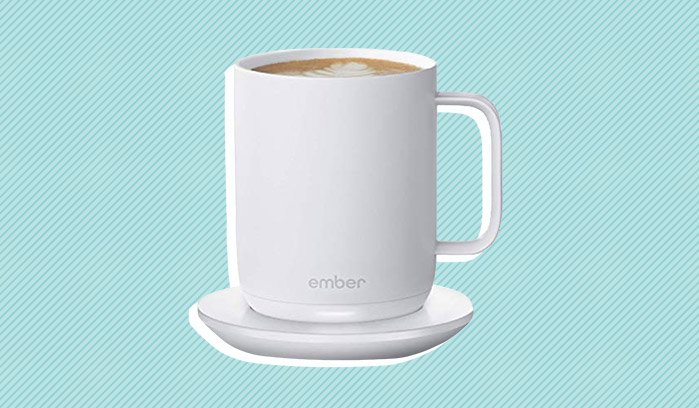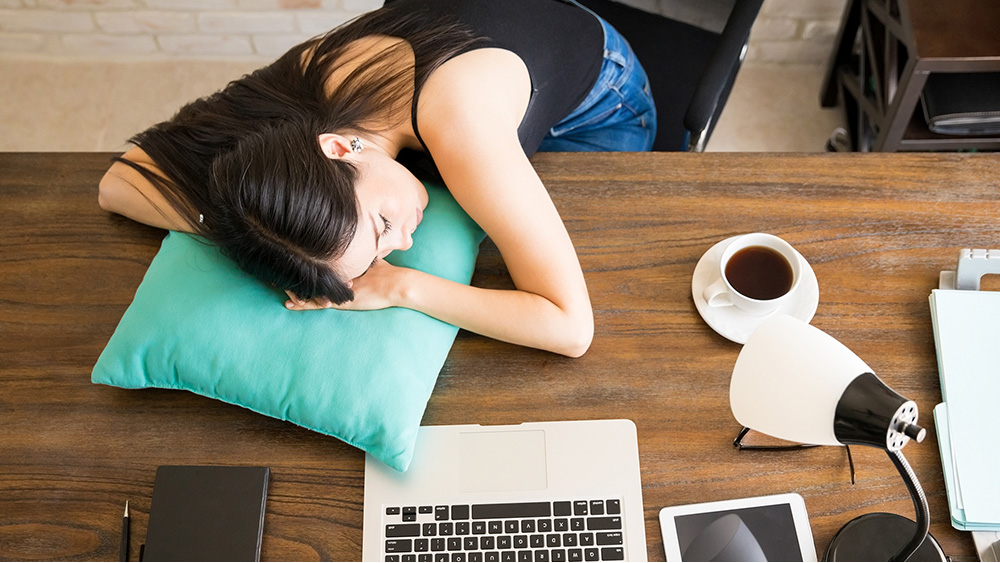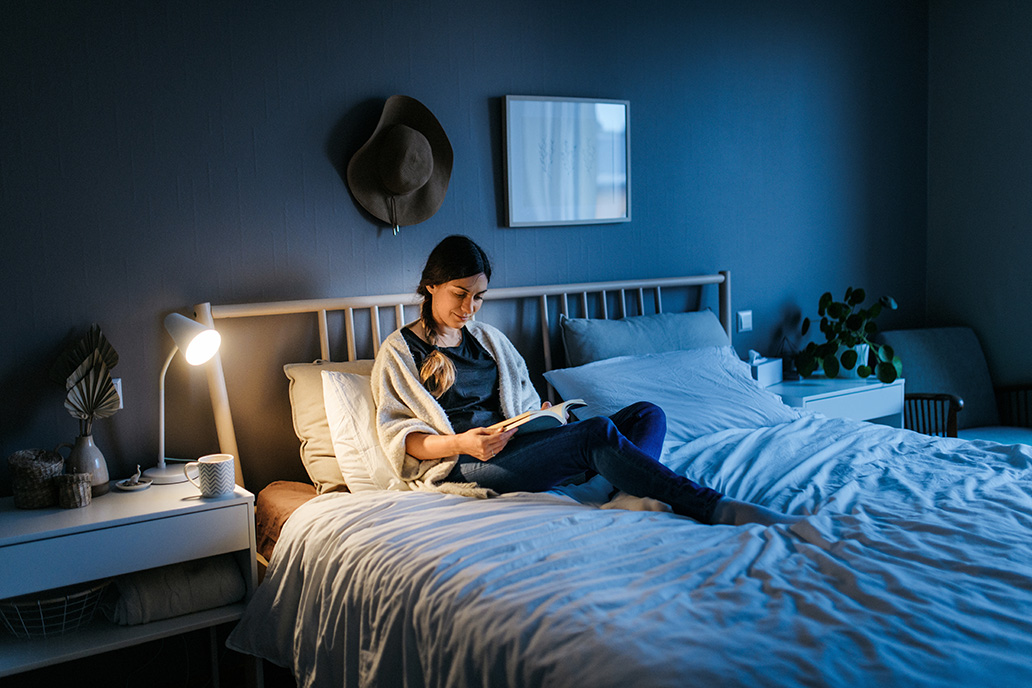
It seems every few weeks there’s a new finding about those go-to vices we mere mortals rely on to get through the day — caffeine being an essential one. One minute coffee is the devil, the next it prevents disease. But now, researchers are looking specifically into how it hurts or even helps various groups of people with sleep.
The Dutch study, published in Nutrients late last year, analyzes three aspects of sleep in relation to multiple factors, including caffeine: sleep onset, continuity, and waking up early (1). The results were interesting for one specific group, older women. Those who did not consume caffeine had a higher probability of shorter sleep durations and disturbances than those who did. Huh?
We asked the experts how this might be true. Jessie Anderson, a Registered Dietician with Top Nutrition Coaching, explains that we all metabolize and tolerate caffeine differently. “Research is beginning to showcase differences in caffeine metabolism associated with genetic factors. The rate at which one metabolizes caffeine significantly impacts its cognitive and performance-enhancing effects,” she explains. “Slower caffeine metabolizers may experience a delay in caffeine’s energy boosting effect while quick caffeine metabolizers may experience little to no impact by caffeine and/or it may wear off more quickly, leading to sleepiness sooner.” She adds that other factors at play include cigarette and tobacco use, which can speed up caffeine metabolism.
California-based Registered Dietician Kim Shapira adds that hormones might be a reason for older women having a different reaction than others. “Hormonal variations between men and women could play a role. Research suggests that estrogen can affect how caffeine is metabolized, potentially influencing its impact on sleep,” she says. “Additionally, differences in sleep patterns, exercise patterns, sensitivity to caffeine, and genetic variations might contribute to varying responses between genders.”
In the study, researchers themselves note that this study showed contradicting evidence about how caffeine interacts with sleep than previous research, calling for further study especially on older populations. They note, for example, that there are “significant personal differences” when it comes to sensitivity to caffeine, which could explain all the varying answers.
Anderson says the study had multiple limitations as well, in her opinion, including use of subjective data from participants, the method used to calculate caffeine intake (caffeine content can be influenced by how you prepare a drink, for example), and lack of data investigating the timing of caffeine consumption, she says.
“It is important to note males and females in the present study who did not consume caffeine were on average older, lower educated, had more chronic diseases and depressive symptoms, and were less physically active – greatly influencing sleep outcomes.”
Confused? Go for caffeine in moderate doses, Anderson suggests. Excessive caffeine consumption (more than 4 cups per day of coffee) has been associated, she says, with:
- blood pressure issues
- GI issues such as reflux and heartburn
- dehydration
- anxiety and restlessness
- insomnia
- tremors
- heart arrhythmias
- calcium and iron absorption (and therefore bone growth and health)
“Alternatively, when consumed in moderate doses, caffeine is proven to promote cognitive and physical performance: improved reaction time, learning, decision making, memory, delayed onset fatigue, reduced rate of perceived exertion (RPE) – to name a few,” she says. So, whether you are an older woman or an 18-year-old college student, don’t feel you have to skip your morning cup of joe for sleep health, just keep an eye on how your body reacts to caffeine.
45 Beverages Ranked by Caffeine Per Ounce

According To This Doctor, Trying to Sleep Will Keep You Awake

Caffeine Nap

Can’t Sleep? Check Out Our Expert Sleep Tips
Sources
1. van der Linden, M.; Olthof, M.R.; Wijnhoven, H.A.H. The Association between Caffeine Consumption from Coffee and Tea and Sleep Health in Male and Female Older Adults: A Cross-Sectional Study. Nutrients 2024, 16, 131. https://doi.org/10.3390/nu16010131
Anderson, Jessie. Author interview. January 2024.
Shapira, Kim. Author interview. January 2024.
